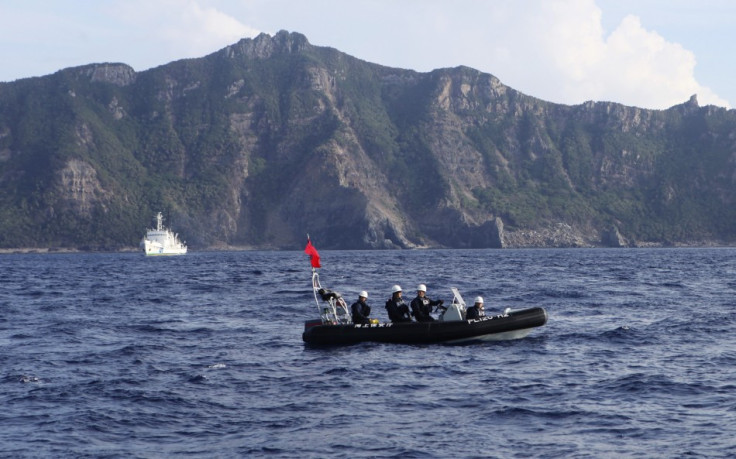US Sides with Japan as Island Dispute with China Worsens
US defence secretary Chuck Hagel pledges support in growing row over Diaoyu/Senkaku islands

The United States has said it will stand by its old ally Japan in a worsening stand-off with China over the disputed islands in the East China Sea.
US defence secretary Chuck Hagel told his Japanese counterpart that the defence agreement between Washington and Tokyo covers the island cluster in the East China Sea, known as Senkaku in Japan and Diaoyu in China.
The simmering tension between the Asian rivals reached a flashpoint when China declared a new airspace defence zone over the island cluster last week. The US, however, defied the Chinese move and flew its unarmed B-52 aircraft over the air defence zone, prompting fury from China.
Hagel commended Tokyo for exercising restraint in the new scenario, while high-ranking US administration officials said the latest Chinese aggression in the East China Sea unsettled its neighbours.
"It causes friction and uncertainty, it constitutes a unilateral change to the status quo in the region, a region that's already fraught. And it increases the risk of miscalculation and accidents," Reuters quoted an unnamed official as saying.
After the US ordered its B-52 bombers to fly over the islands, China had reacted strongly, saying it had the right to shoot down hostile aircraft entering the new Air Defence Identification Zone (ADIZ).
"If the subject intruding into the zone disregarded any warning, our pilots have the right to shoot it down," PLA Air Force Maj Gen Qiao Liang told the China news service.
Hagel's renewal of the pledge to support Japan in the dispute over the islands came ahead of a scheduled visit by US Vice-President Joe Biden to China.
The move reaffirms the US stance that Japan has administrative control over the islands and therefore Washington has the duty to defend Japan if a military conflict with China ensues. The US, however, does not take a position on the sovereignty of the islands and has urged China to amicably settle its maritime disputes with a host of smaller neighbours.
Though China's creation of the air defence zone is aimed at curbing overflight by military aircraft, there is still a lack of clarity over how the move would affect commercial flights.
US State Department spokeswoman Jen Psaki said the government was trying to determine whether China's new rules apply to commercial airlines in addition to military aircraft.
Asked whether US commercial airlines will be told to inform Chinese officials of their flight plans, Psaki told Reuters: "I wouldn't go that far, we're still looking at it."
Following the US defiance of the new air defence zone, Japanese airlines also stopped providing Chinese officials with their flight plans as per a request from the Japanese government.
© Copyright IBTimes 2024. All rights reserved.






